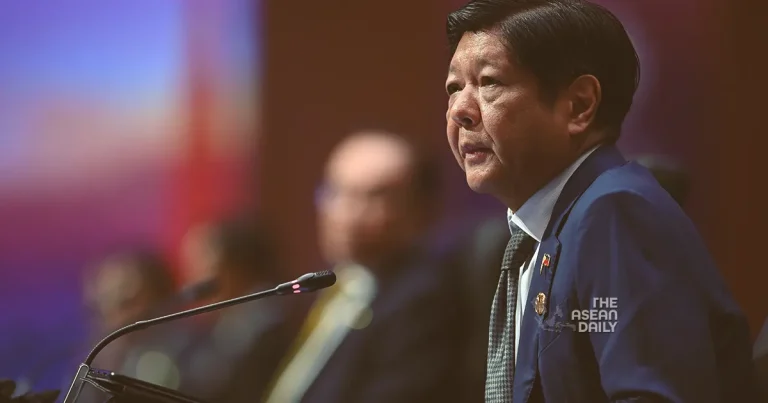3-1-2024 (MANILA) Philippine President Ferdinand Marcos Jr. has directed agencies to intensify efforts to remove the country from an anti-money laundering watchdog’s gray list by October 2024, after missing an initial target to exit this January.
In a statement, Marcos said he ordered the Anti-Money Laundering Council (AMLC) and related bodies to accelerate plans combating illicit financial flows and file charges against violators. The goal is exiting the gray list of the Financial Action Task Force (FATF) within 2024.
The FATF placed the Philippines on its monitoring list in mid-2021 after deficiencies were found in the country’s policies against money laundering and terrorism financing. Manila set its own January 2024 deadline to address the failures highlighted by the FATF’s review.
But AMLC Executive Director Matthew David confirmed the Philippines missed resolving all issues in time for a January delisting. He maintained, however, that the government still hopes to complete reforms this year to exit the roster of countries under intensified FATF monitoring.
The Philippines must enhance risk-based supervision of non-bank sectors like real estate and improve access to beneficial ownership data, among other steps, to satisfy the FATF. Boosting prosecutions for money laundering and terrorism financing offenses remains another hurdle.
David warned an enduring gray list presence escalates the danger of sinking into the FATF’s blacklist, which would trigger harsher countermeasures on financial transactions. This could burden the remittances of millions of overseas Filipino workers.
While already causing reputational damage, the gray list risks hurting the Philippines’ credit rating, foreign investment, and economic standing. But Marcos stressed his administration is committed to strengthening the financial system against illicit activities.
Sustained reforms, not merely technical compliance, are now vital to change the Philippines’ designation. The FATF expects swift resolution of deficiencies within set timeframes. With its credibility on the line, the Philippines faces pressure to finally curb long-standing money laundering and terrorism financing gaps.




